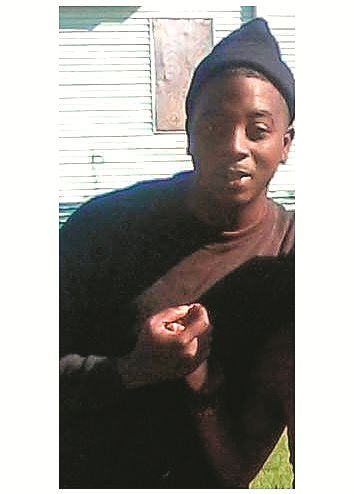
Photo courtesy of Roxane Adams.
If you think Virginia solved its hospital bed shortage problem after state Senator Creigh Deeds and his son were turned away from a local community mental health center with tragic results, you are wrong. Deeds’ son, Gus, attacked his father with a knife and then ended his own life in 2013 after being told there were no crisis care beds available locally.
The news story below is yet another black eye for my home state, which has failed to adequately deal with mental health problems despite promises made after the Virginia Tech shootings in 2007 that left 33 dead.
After you read it, you will understand why mental health reform must include discussions about crisis care beds, state hospital beds, and community housing, as well as CIT and jail diversion.
Death of a young black man in a Virginia prison sparks outrage
Jamycheal Mitchell allegedly stole $5 worth of junk food from a 7-11. Four months later, he was found dead in a jail cell.
Local activists are incensed over the death of Jamycheal Mitchell, 24, in a Portsmouth, Va., jail this week. Mr. Mitchell had a history of mental illness, said local paper The Virginian-Pilot, and he was being held awaiting transfer to a mental hospital.









